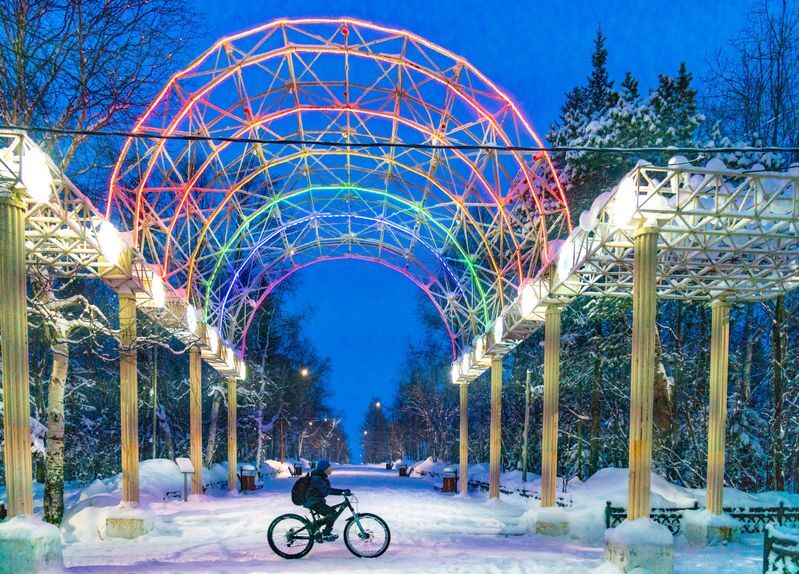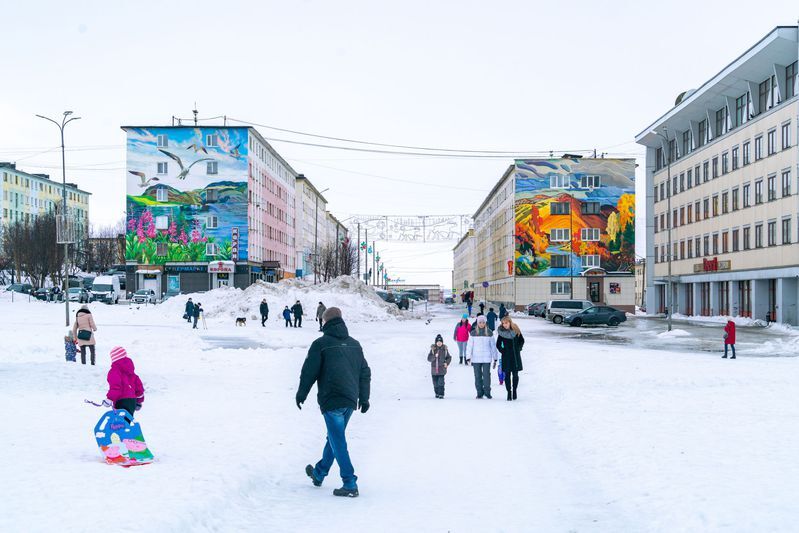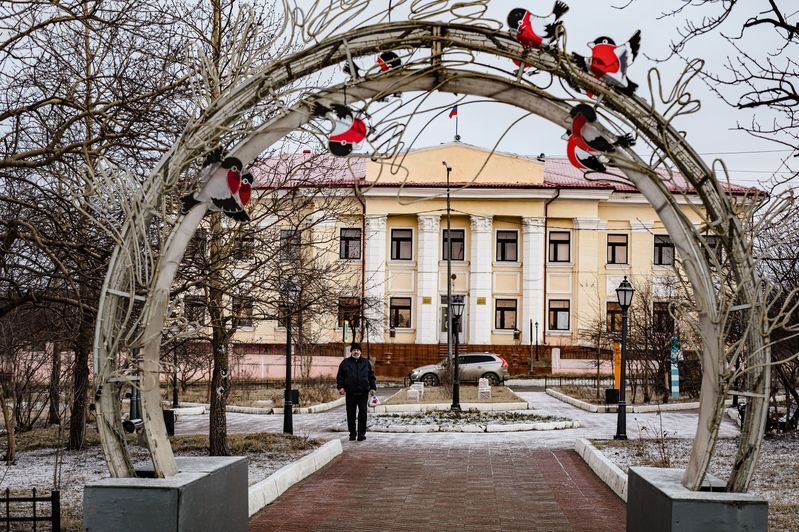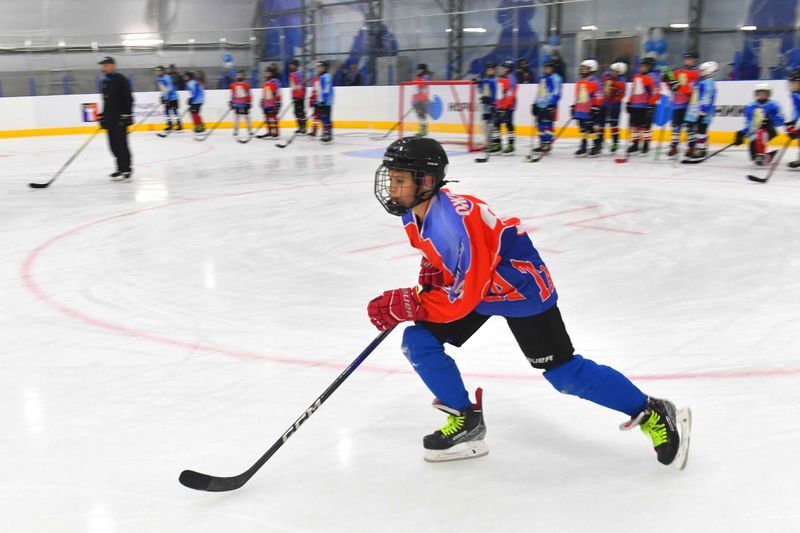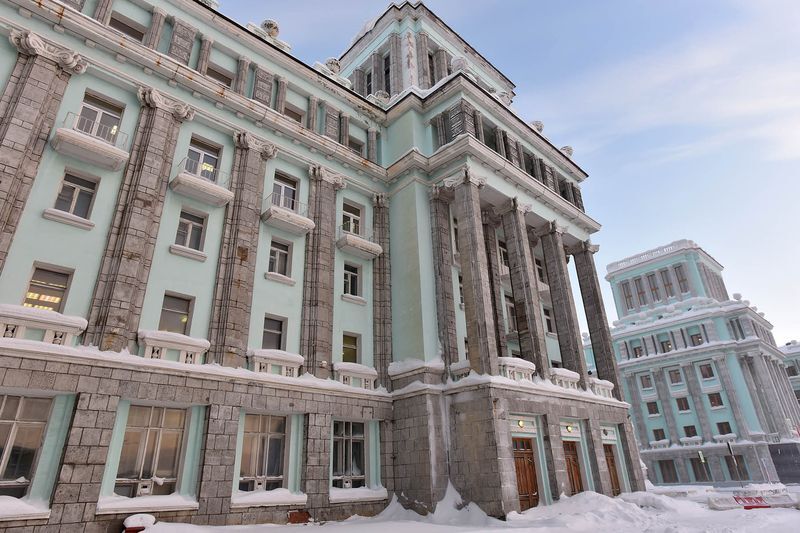High salaries are not all that matters – we need cities that are attractive, comfortable and exciting to live in
The success of a company, which is the major employer in a city, depends on whether its employees and their families are satisfied with their living conditions. High salaries and selective urban spending alone do not slow down the exodus. Here’s what Nornickel is doing to address this issue.
What’s needed is a more structured approach. One that is focused on the real needs of local residents and coordinated with regional government. With this approach, the company ensures that Norilsk, Monchegorsk, Zapolyarny, and Trans-Baikal operations can grow and attract the best talent.
Local development plans include economic, social and environmental projects. In implementing these projects, Nornickel’s monotown operations adhere to four principles.
Local development plans include economic, social and environmental projects. In implementing these projects, Nornickel’s monotown operations adhere to four principles.
Principle 1. Practice sustainability
It is important to promote sustainable production practices, alternative energy sources, waste management, landscaping and conservation of the natural environment.
The Sulfur Program is an environmental project, one-of-a-kind in Russia, undertaken by Nornickel to reduce sulfur dioxide emissions at Nadezhdinsky Metallurgical Plant in Norilsk. The first phase of the program resulted in a 45% reduction in emissions.
Permafrost Permafrost monitoringhelps ensure the safety of production and urban infrastructure. 24 boreholes up to 200 meters deep have been drilled from Talnakh to Dudinka. 78 residential buildings have been equipped with permafrost sensors, with plans to install such sensors in all high-rise buildings in Norilsk.
All sensor data is fed into the unified permafrost center, with the information available to all relevant agencies.
Landscaping projects in Monchegorsk, Zapolyarny and Nickel have been underway since 2014. The efforts of Kola Mining & Metallurgical Company have resulted in the planting of approximately one million trees and shrubs.
The Sulfur Program is an environmental project, one-of-a-kind in Russia, undertaken by Nornickel to reduce sulfur dioxide emissions at Nadezhdinsky Metallurgical Plant in Norilsk. The first phase of the program resulted in a 45% reduction in emissions.
Permafrost Permafrost monitoringhelps ensure the safety of production and urban infrastructure. 24 boreholes up to 200 meters deep have been drilled from Talnakh to Dudinka. 78 residential buildings have been equipped with permafrost sensors, with plans to install such sensors in all high-rise buildings in Norilsk.
All sensor data is fed into the unified permafrost center, with the information available to all relevant agencies.
Landscaping projects in Monchegorsk, Zapolyarny and Nickel have been underway since 2014. The efforts of Kola Mining & Metallurgical Company have resulted in the planting of approximately one million trees and shrubs.
